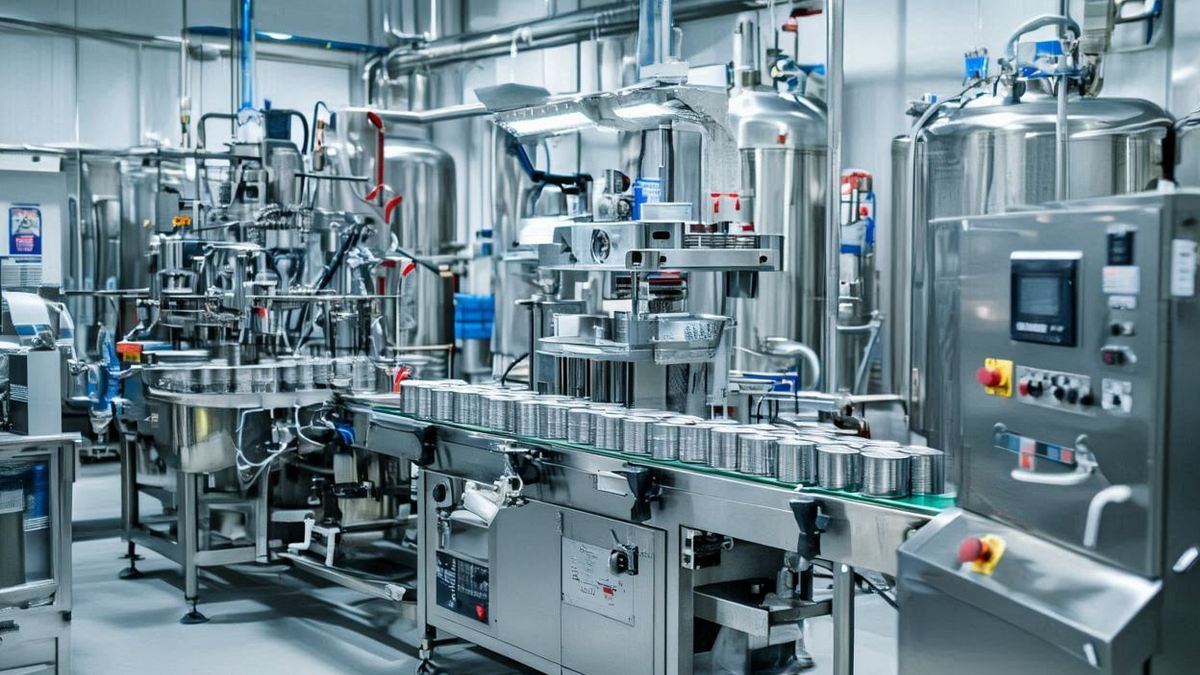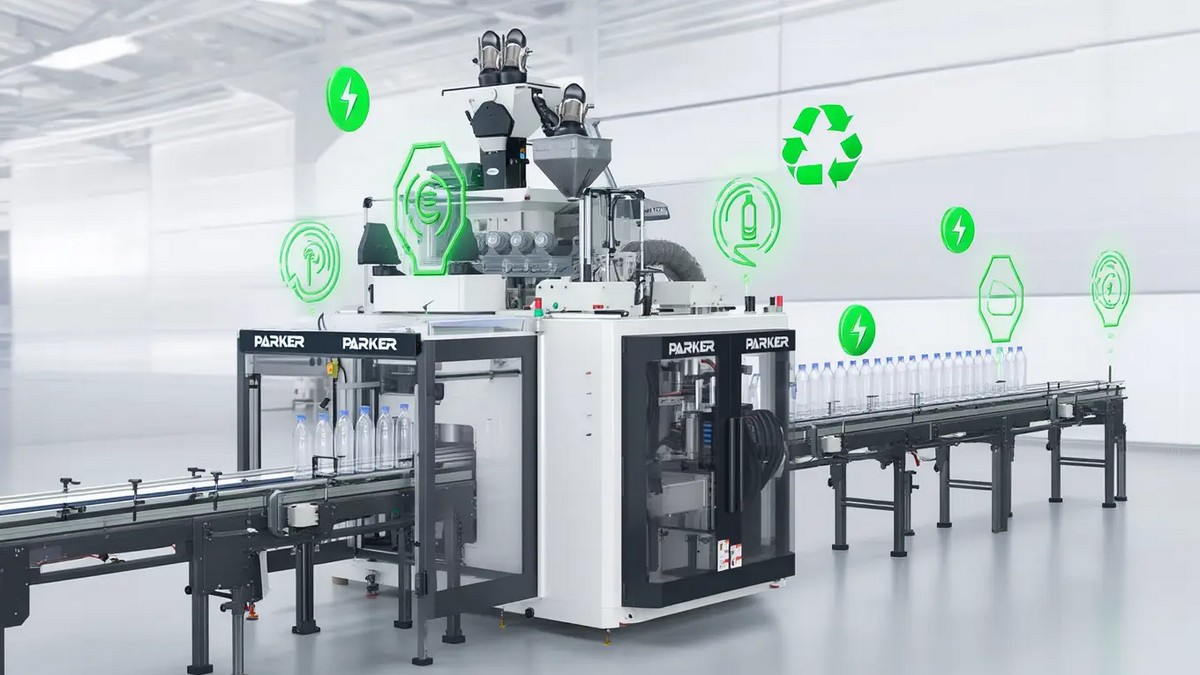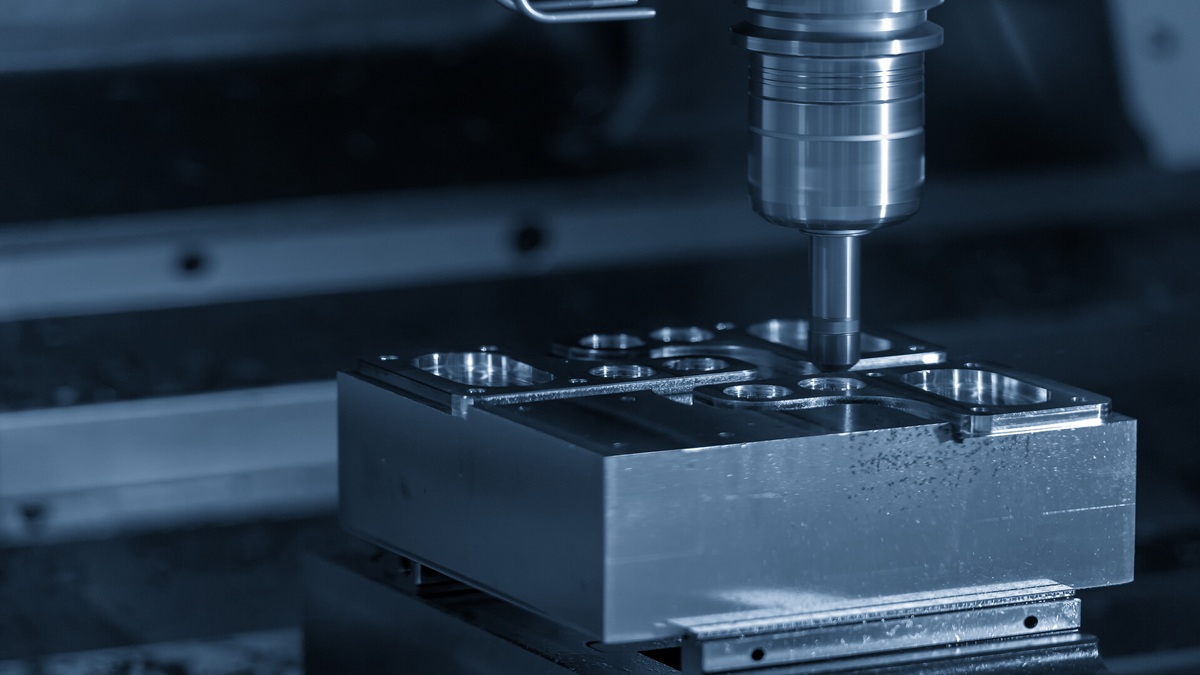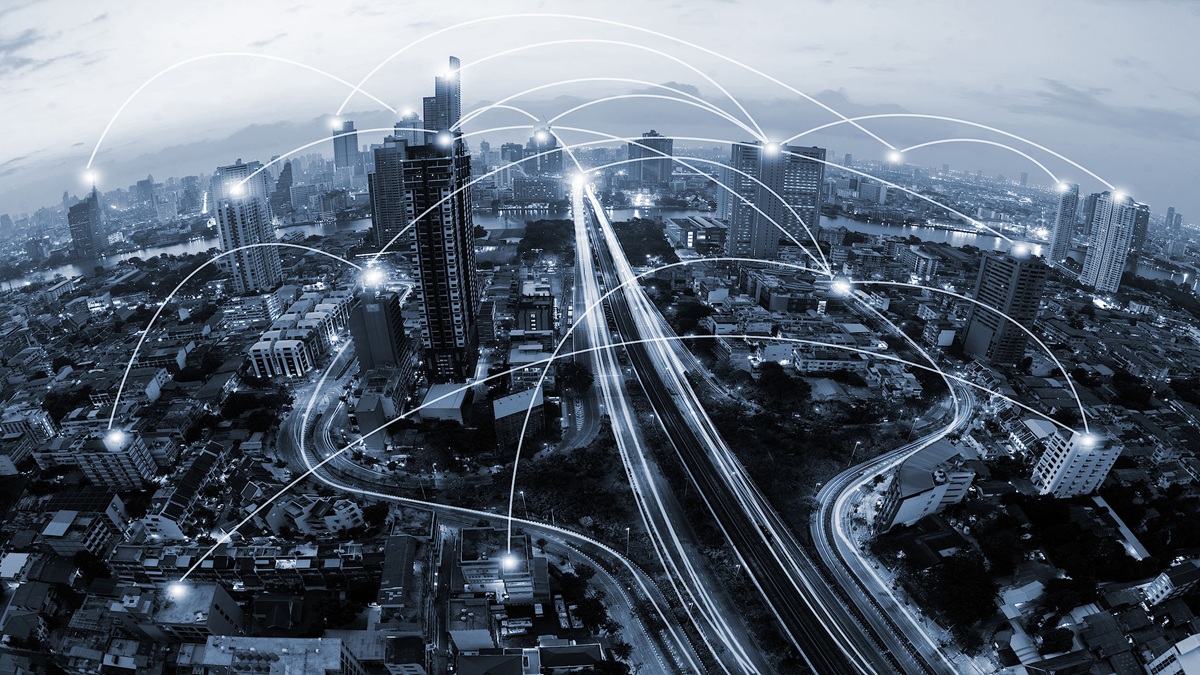The Metaverse has been hotly discussed for several years, and judging by how Meta operates, the world is not yet ready for the concept. This article attempts to explore the necessity of the Metaverse, is it a dream, or a future that must be visited?
Recently, the issue of cryptocurrency exchanges has emerged. A while ago, FTX, the world's second largest trading platform, filed for bankruptcy after Binance refused to acquire it. According to Reuters reports, at least 1 billion to 2 billion US dollars of funds are unknown, the victims are not only retail investors of global cryptocurrency, but also those well-known institutions, who have been implicated and even suffered heavy losses.
As for why FTX crashed overnight, in a nutshell, in a short period of time, there have been more "people who want to sell" than "people who want to take over", or it is called liquidity risk. Coincidentally, not long ago, the LUNA stablecoin plummeted and the Celsius bankruptcy event may have different tipping points, but the structural problems and speculative mentality they face are similar.
It is true that although the so-called blockchain technology, Metaverse and integration of virtual and real, smart contracts, cryptocurrencies and exchanges, Web3.0, digital assets, NFT, etc. are related to each other, they can develop independently. Those projects that use NFT as electronic vouchers or digital artworks are not necessarily based on decentralized mechanisms.
As for the dazzling array of blockchain/Metaverse themes in the past few years, how many of them have really solved the problems of the traditional world, or improved the efficiency of daily life and economic activities, it seems that there is no specific plan.
The imagination of the Metaverse has taken shape, but can it solve the problem?
What does the so-called Metaverse look like right now? The ultimate point can be imagined as the movie “The Matrix”. When the so-called "immersive" carrier can perfectly connect all the senses of the human body (sight, hearing, smell, taste, touch, etc.), naturally we can permanently "live" in a world made up of codes and programs.
To get closer to reality, you might as well take Avatar released in 2009. You can customize an Avatar and use encryption technology to verify his uniqueness, and then hold digital assets (such as virtual land), as for what these ethereal "assets" can be used for, there is no consensus.
But what is certain is that in the foreseeable time, users who pay for "flashy", "show off" or "belief" do exist, but they must play a necessary role in the connection and interaction scenes between people, such as multilateral conferences and education and training... Even if the immersive effect is more realistic, how many people will really be so addicted to the virtual world?
There is no doubt about the convenience brought by the Internet. However, most of the discourses that blow the Metaverse to the sky still turn the MR/VR technology that existed more than ten years ago, plus the so-called Avatar, into a 3D version of Facebook, it seems that this has become a brand new world. If you can use virtual tokens for transactions, let the content generated by users themselves add some kind of NFT certification, and upload the data to a certain blockchain is "Meta-Universe" and Web3.0, but what problem does this solve in Web2.0? In addition to seeming more novel and more interesting, has the public's life jumped to another level?
As remote conference platforms, Google Meet and Zoom can be called Metaverses if they are loaded with MR/VR technology? Or it must be more efficient to use Avatar game role-playing to hold a meeting than pure video? Or, the epidemic has made distance teaching a solution in a special period, but as life returns to normal after the unblocking, how many parents or students are happy to attend classes through "equipment"?
To create more interaction and a good learning experience, relevant technologies and elements can definitely be incorporated into physical classrooms, but if Metaverse wants to create a "paradigm shift" for the entire education industry and move everything online, I don't think that's practical enough.
When the world can expand infinitely, do we really need a Metaverse?
Technology is constantly advancing, and the methods of using technology will also be updated, but some things and feelings are still difficult to be shaken by "virtual" offices.
How much time do we spend in such a world? Is the arrival of the Metaverse era necessary, or is it just a tool to assist our life and work?
Of course, it may not be appropriate to conclude at this stage, just as Zuckerberg’s own view: “Patience will always be rewarded.” Perhaps in another 10 years, the technology and business environment, as well as the habits of consumers, will be different from the present. It is different, and when applications that really have "just needed" appear, the field of Metaverse can better summarize VR/MR, AI, blockchain, 5G (maybe already need 6G), etc., become the key to truly affect human life.












.jpg)
.jpg)
.jpg)